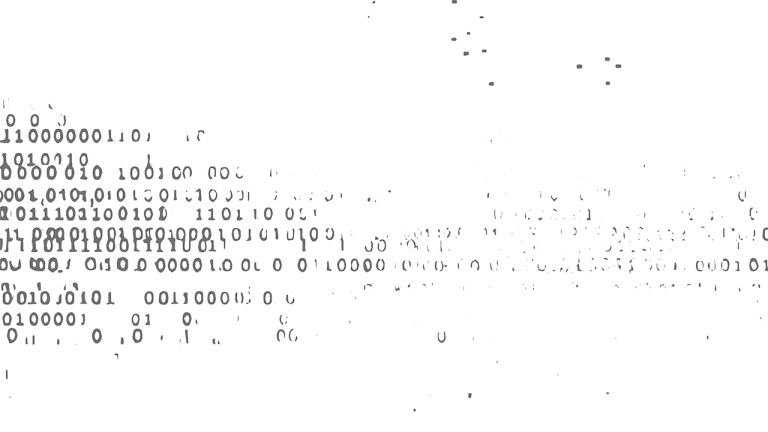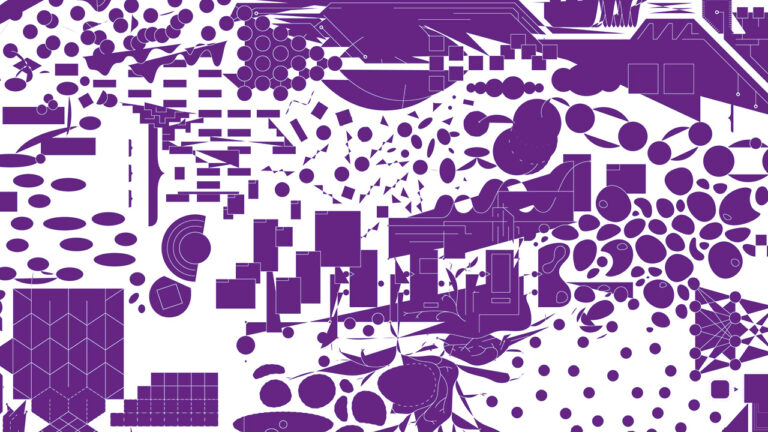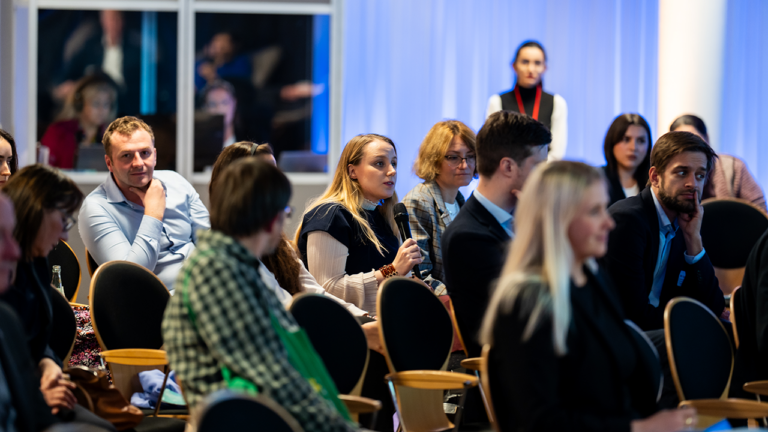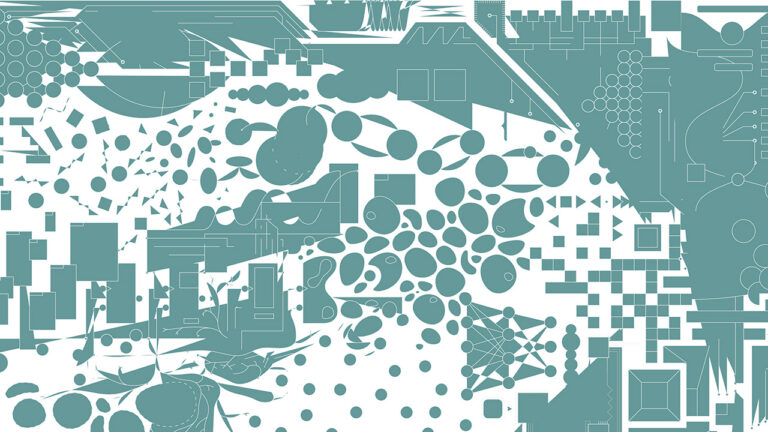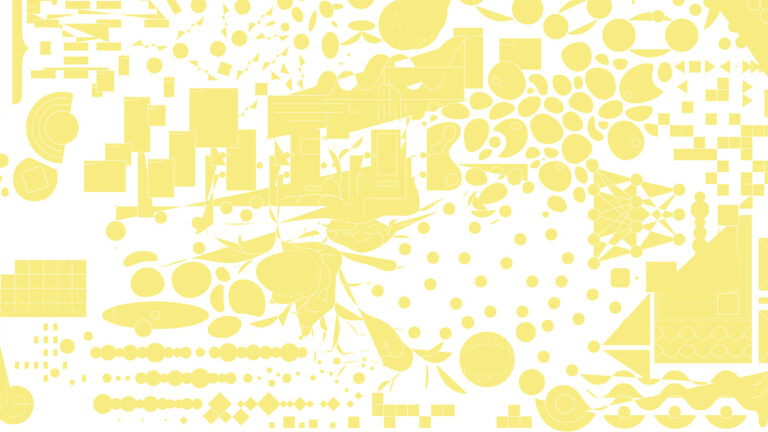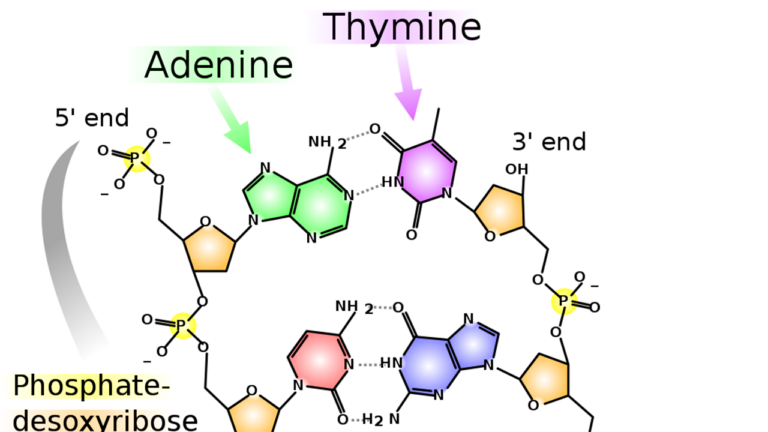“Edition wissenschaftliche Software”: RWTH Aachen University Receives Millions in Funding for a Pioneering Project on Software History
Together with colleagues from the Ludwig-Maximilians-Universität München, Bielefeld University and the Research Institute for…


